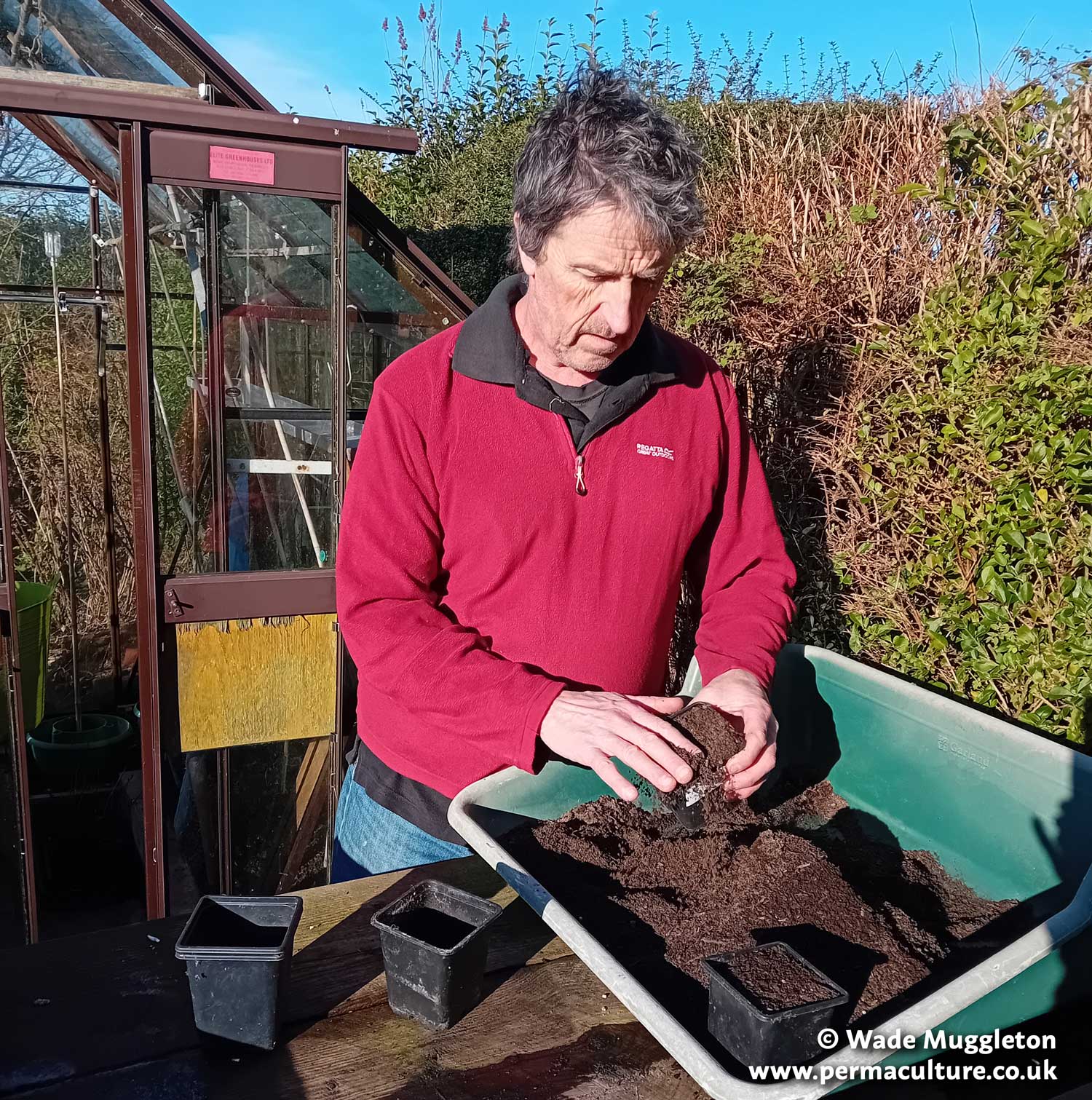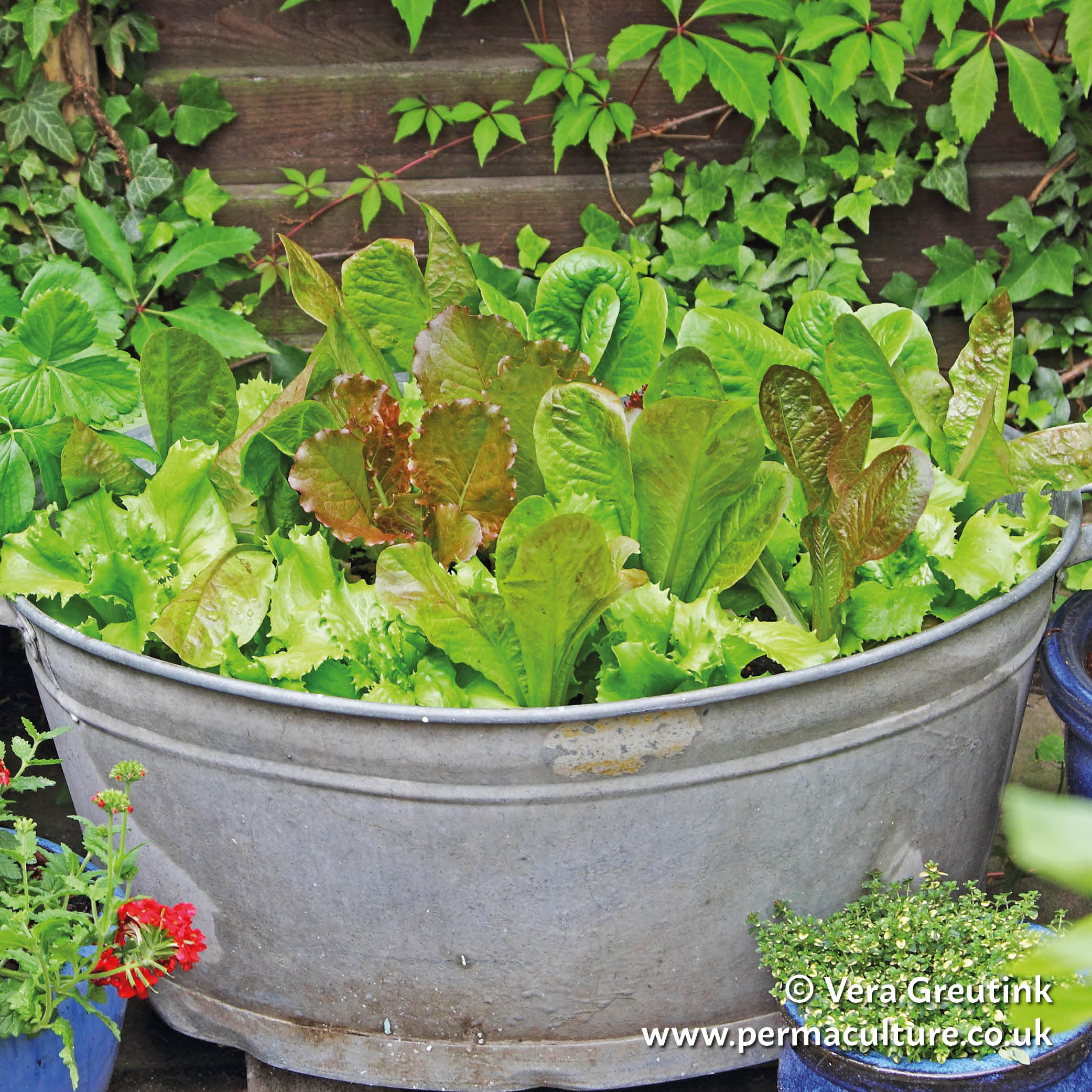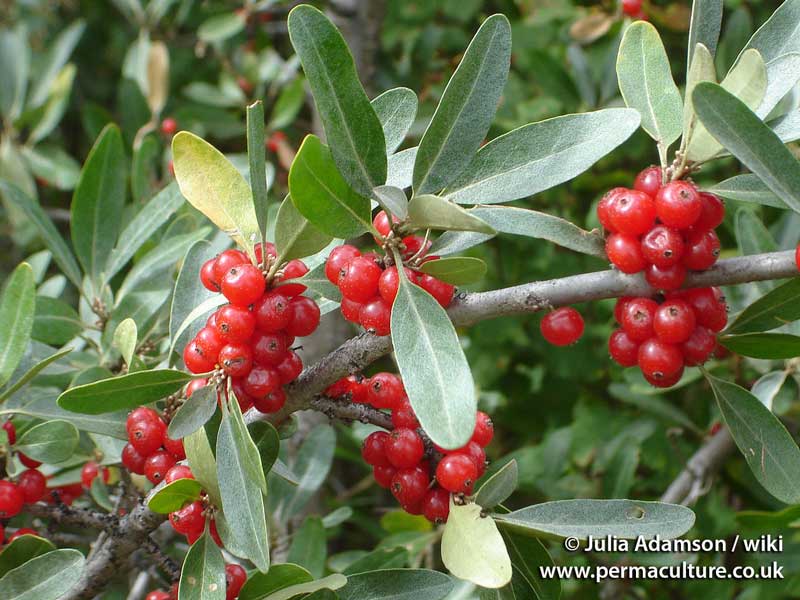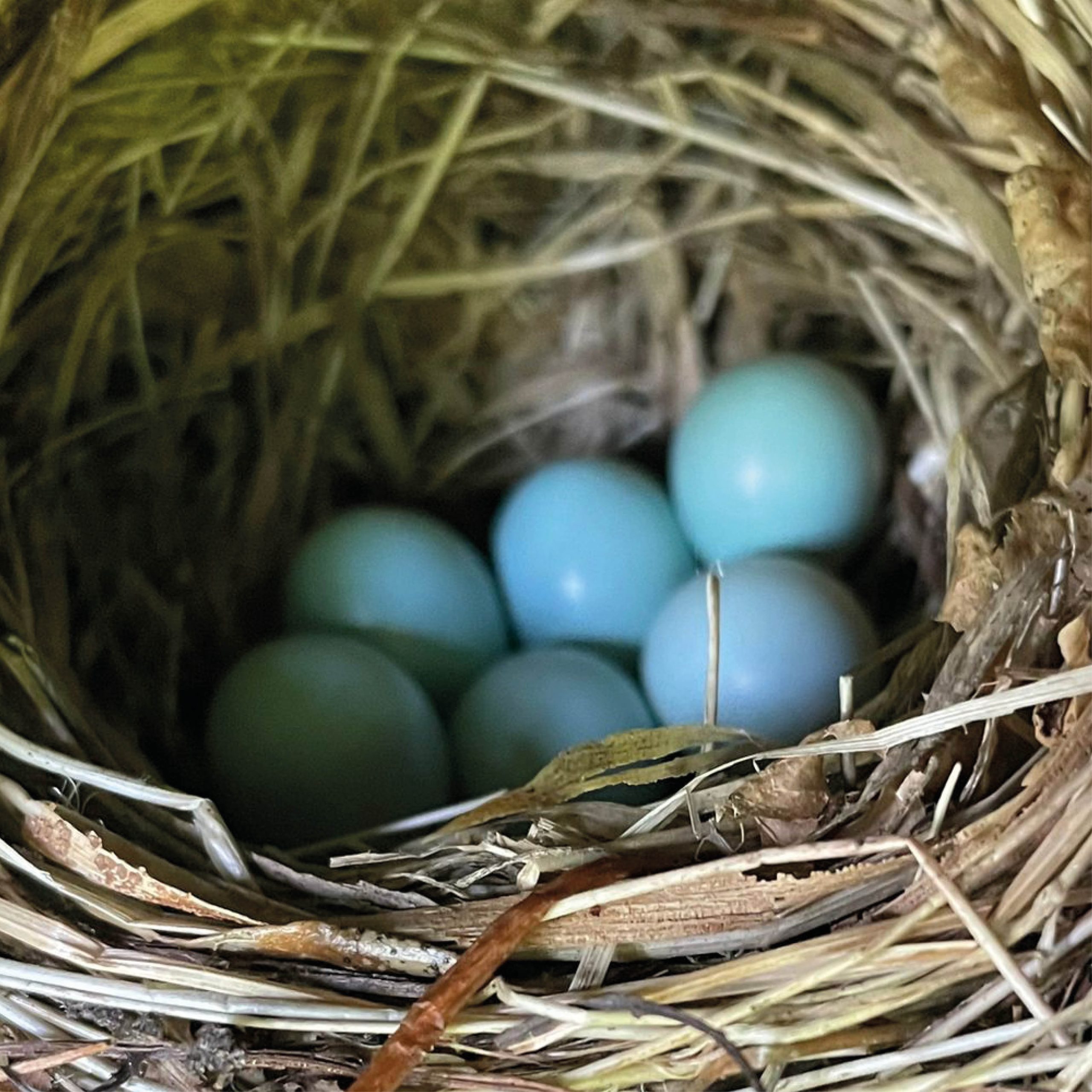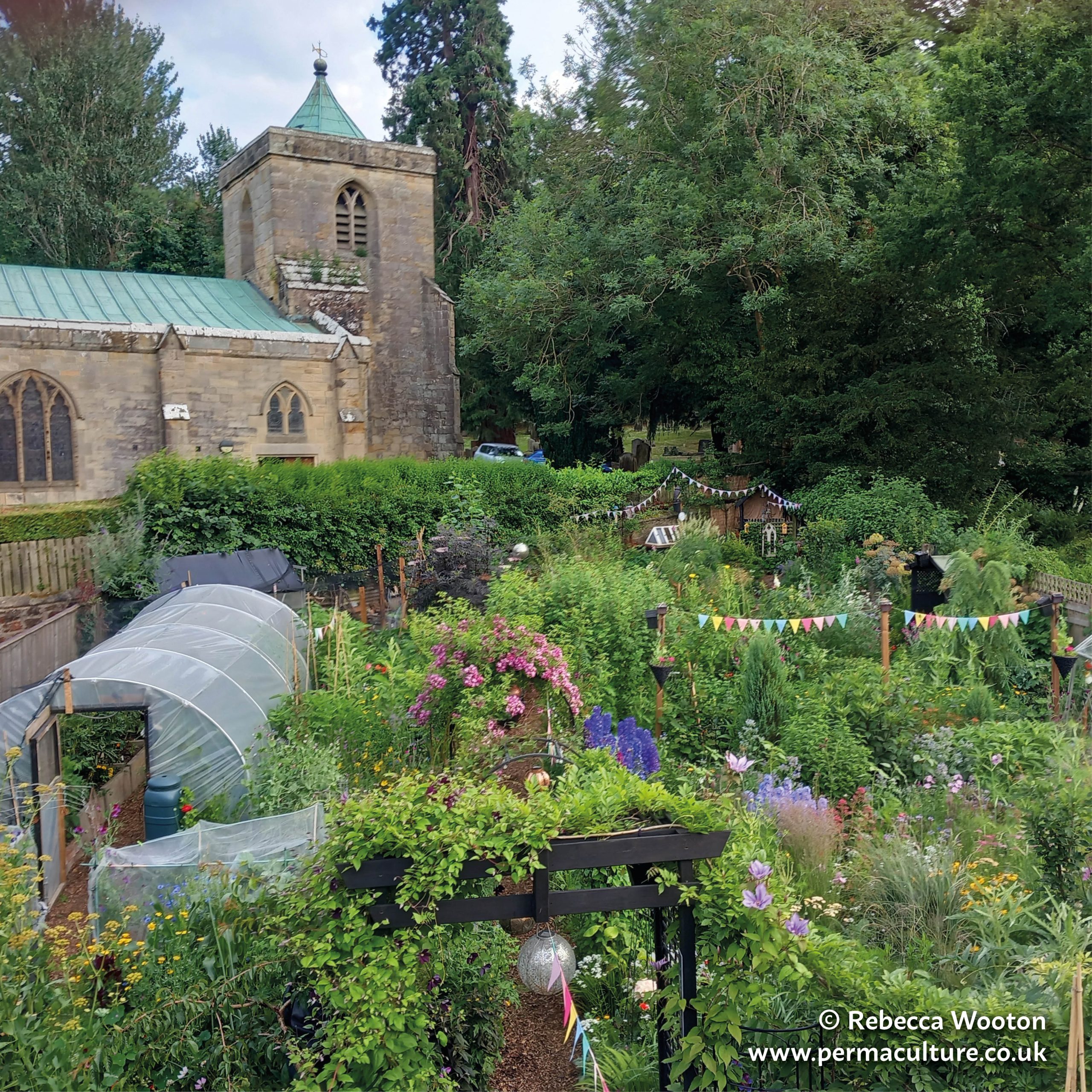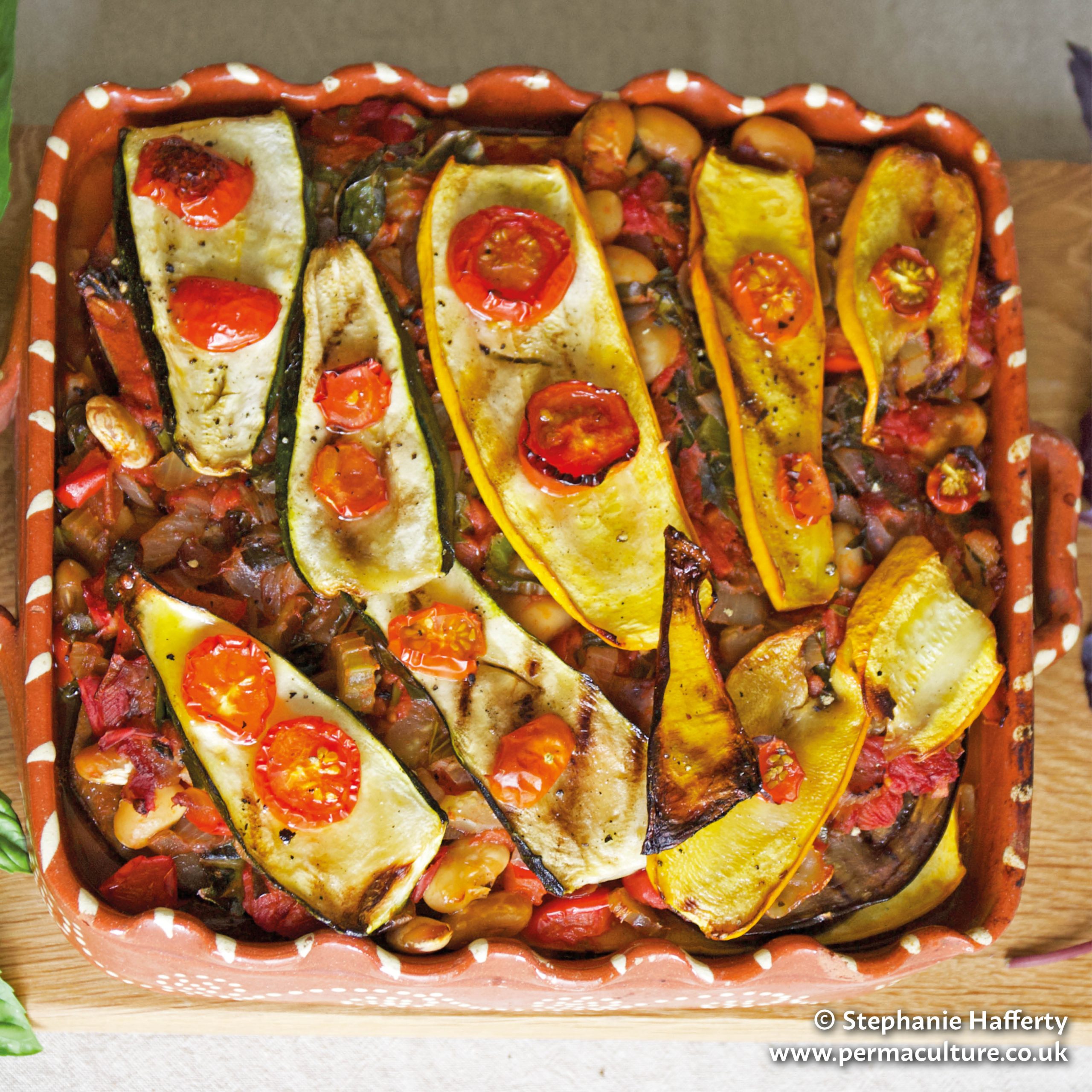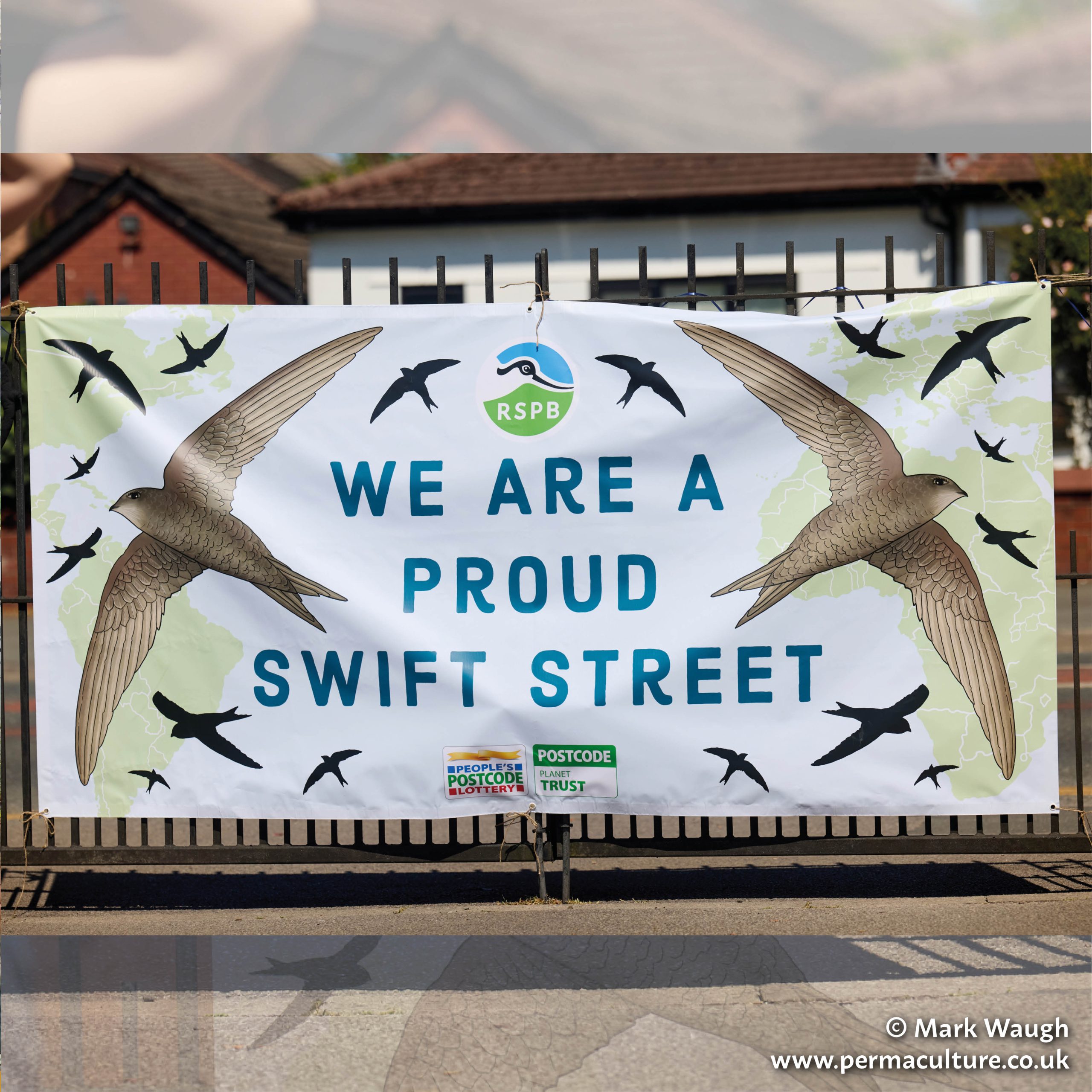Established in 2018, the Permaculture Magazine Prize aims to showcase the very best examples of ecological, social and economical regenerative permaculture projects in the world. We want to shine a light on good people and good work in a world on the edge of collapse and climate crisis. We are therefore delighted to announce the 2019 winner and runners up of its main category plus the Youth in Permaculture Prize sponsored by the Abundant Earth Foundation.
African Women Rising takes the main £10,000 award for its work in Palabek Refugee Camp, North Uganda, creating innovative, long-term solutions to help solve the food security problems. The monthly food aid rations from the United Nations World Food Program often run out. African Women Rising have used permaculture design techniques to teach the permagarden method, giving refugees access to diverse and nutritious food, helping to meet the short-term food needs of the refugees, and build their long-term resilience. (Read more about them in Permaculture Magazine issue 102, out now.)
“With more displacement and uncertainty in the world than ever before, I feel that African Women Rising demonstrates practical regenerative and permaculture solutions right to the front line between life and death that could benefit millions of refugees. It’s an organization of Hope. Most global conflicts begin over loss of land, food shortages, climate change. AWR’s organization and work I believe could be a beacon for the global humanitarian development network at large. I’ve worked in international development for years and AWR is actually trying to scale up regenerative programs built on the permaculture design framework and agroecological practices. I believe AWR could help to innovate and elevate the permaculture concept into new areas of our global society. We need BIG ideas, and Big Change, NOW!” Anthony Rodale, 2019 Permaculture Magazine Prize Judge
Thanks to a generous additional donor, a second prize of £5,000 was made available, with Bayoudha Village in Jordan taking the prize. Since 2011, the project has used permaculture methods to engage the local community in regenerating their landscape, focussing on conserving and restoring damaged watersheds. A bustling farmers’ market is reviving the economy for local products, making healthy, local and organic produce available to the community and the new ‘Karm’ centre is experimenting and teaching techniques for river remediation, agroforestry and profitable agriculture, to help local farmers make a living while protecting and restoring their ecosystems.
The four runners up are equally impressive and each will receive £2,500.
They are:
The following projects made the final 20 shortlist:
This £5,000 prize, divided amongst three winners, was developed to support youth around the world, 25 years or younger, using innovative farming and education practices to face climate change and social challenges.
The first place winner is Mohamed Qasim Lessani, of Afghanistan. Qasim believes “… education can heal the injured mindset of people who believe nothing can change Afghanistan.” After completing a Permaculture Design Course with Australian teacher Rosemary Morrow (who brings permaculture to many war-torn countries and refugee camps), Qasim is applying permaculture design to transform schools into models for basic human security, including food, water and energy – even in areas of extreme poverty, violence and war.
Runners up are:
To read more about the African Women Rising, Bayoudha Village and the Youth in Permaculture Prize winners see PM102
